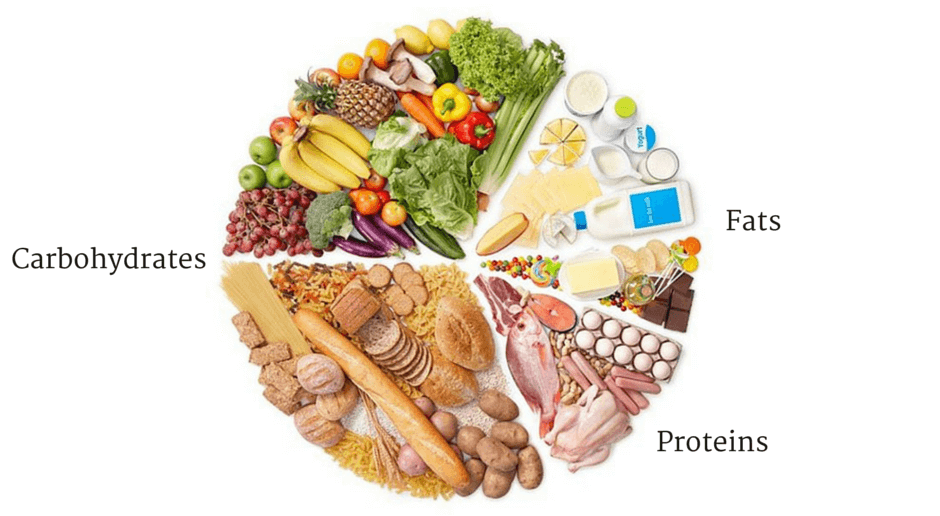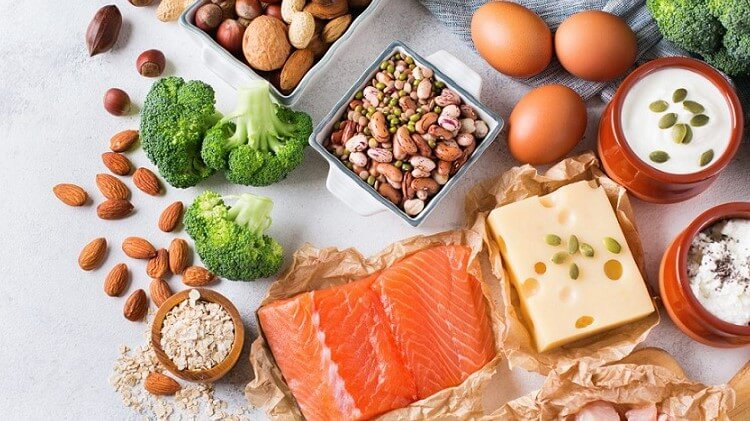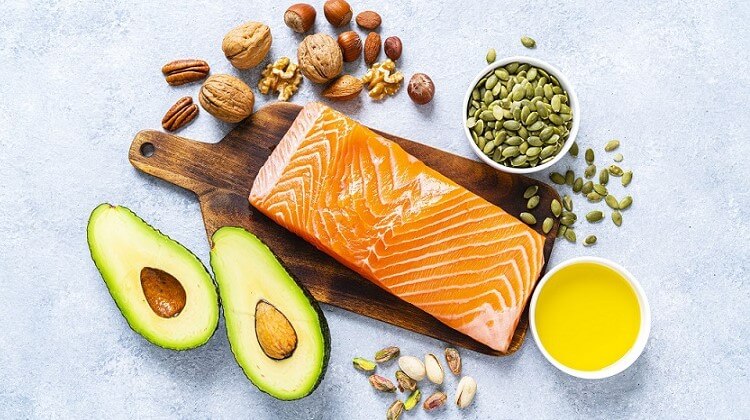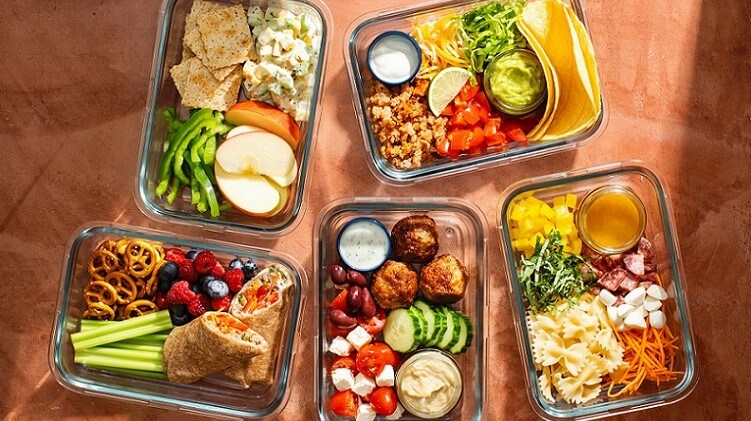Muscle growth and strength require adequate and consistent nutrition, fitness, and lifestyle habits. Whatever your bodybuilding objectives may be, both your diet and your daily activities can be modified to help you achieve them. Building muscles, for example, necessitates strategic changes in both your daily activities and nutrition. This post highlights some valuable nutrition tips for muscle growth to help you gain muscle fast.
The Importance of Macronutrients
The best macronutrients for building muscles are protein, carbohydrates, and fat. These macronutrients are very important to your muscle growth objectives because they provide you with the calories needed as energy fuel for your resistance and weight training, which then promotes muscle gains. Consuming an appropriate mix and amount of macronutrients (protein, carbohydrates, and fat) combined with a proper training regimen is the perfect recipe for muscle growth.
Your body needs protein for quick recovery after high-intensity interval training (HIIT), while carbohydrates provide sufficient calories plus the energy you require to successfully engage in any training program. Fat, on the other hand, while not as anabolic as carbohydrates or protein, helps to support your hormone levels while also providing you with calories for energy during workouts.

Protein
One of the most important macronutrients for building skeletal muscles is protein. More specifically, essential amino acids and a lot of leucine.
These specific amino acids promote protein synthesis, or the formation of new muscles, while preventing the body from using existing muscles as fuel during workouts.
It is entirely possible to meet your daily protein requirements through whole foods. However, when trying to build muscles or participate in sports, supplements such as protein powders, shakes, and bars are a convenient way to increase the amount of quality protein you consume each day.
Proteins are found primarily in animal products, but can also be found in trace amounts in plant-based ingredients.
Some good examples of protein-rich foods include:
- White meat like fish (salmon, tuna) or chicken and turkey
- Beans and lentils
- Eggs
- Lean meat
- Soybeans and tofu
- Cottage cheese
- Fat-free or low-fat milk
- Yogurt
Because protein-rich foods are high in leucine, they are preferable for muscle building. Eat good amounts of eggs, cottage cheese, and beans whenever possible.

Carbohydrates
Carbohydrates are essential for energy during strenuous workouts. You won’t be able to get the most out of your resistance training sessions if you don’t consume enough carbohydrates. Carbohydrates, in particular, can give you energy quickly and help you build muscle even more before and after an intense workout.
Choose nutrient-dense sources that will help you maintain glycogen stores so you can exercise longer and more effectively, such as:
- Sweet potatoes
- Legumes
- Buckwheat
- Squash
- Whole wheat, rye, or oat bread
- Pasta
- Starchy vegetables
- Quinoa root
Healthy Fats
Dietary fats play a significant role in muscle building as they are essential for maintaining hormonal function, a healthy immune system, and providing you with calorie stores for the energy needed during an intense workout regimen. As a matter of fact, a fat-free diet can stifle your muscle growth, especially if you frequently workout.
There are several sources of healthy fat, including
- Olives
- Olive oil
- Avocados
- Chia and flax seeds
- Nuts
- Whole eggs
- Fish
- Ghee
- Greek yogurt
- Dark chocolate

How do I figure out the volume of food to eat?
Trendy diets are appealing because they promise quick results. The problem is that most mainstream diets are low in calories, which makes them unsuitable for muscle building. You may quickly hit a brick wall because this goes against the science of nutrition and muscle building.
But the volume of food you should consume will depend on you as an individual, your training objectives, the amount of energy you burn during training, and also the type of food you prefer. In order to figure out the amount of food to eat, you should consult a qualified training coach and a registered dietitian whenever possible. They will help you to map out both your workout plan and the calories needed to meet your bodybuilding goals. In addition, they will also work with you throughout the process to ensure that you are on track.
Consistency is essential
Nutrition and fitness goals do not come easily. Patience and consistency are the most important tools for long-term success. The time it takes to see significant changes in one’s physique varies from person to person.You may only notice slight changes within a few months of starting your bodybuilding nutrition and training program. However, staying true to your diet and training is the key to long-term muscle gains.
For greater consistency, consider the following suggestions:
- Plan out a weekly menu or meal plan.
- Keep track of what’s in your pantry and replenish it on a weekly basis.
- Don’t skip meals.
- Make a workout and meal prep buddy.
- Put rest, sleep, and recovery first.
- Utilize convenient resources such as grocery delivery, meal prep services, and supplements.
- Make meals and snacks ahead of time.
- Prepare foods in bulk, such as chicken breast, rice, and vegetables.

Final Thoughts
Restrictive dietary fads come and go, and they are often not the best option for muscle building. It is critical to feed your body a variety of nutrient-dense foods, particularly protein and carbohydrates, if you want to achieve your muscle-building goals. Also, speak to a registered dietitian or qualified sports nutritionist if you need assistance putting together an appropriate diet plan and need tips for muscle gain today.


